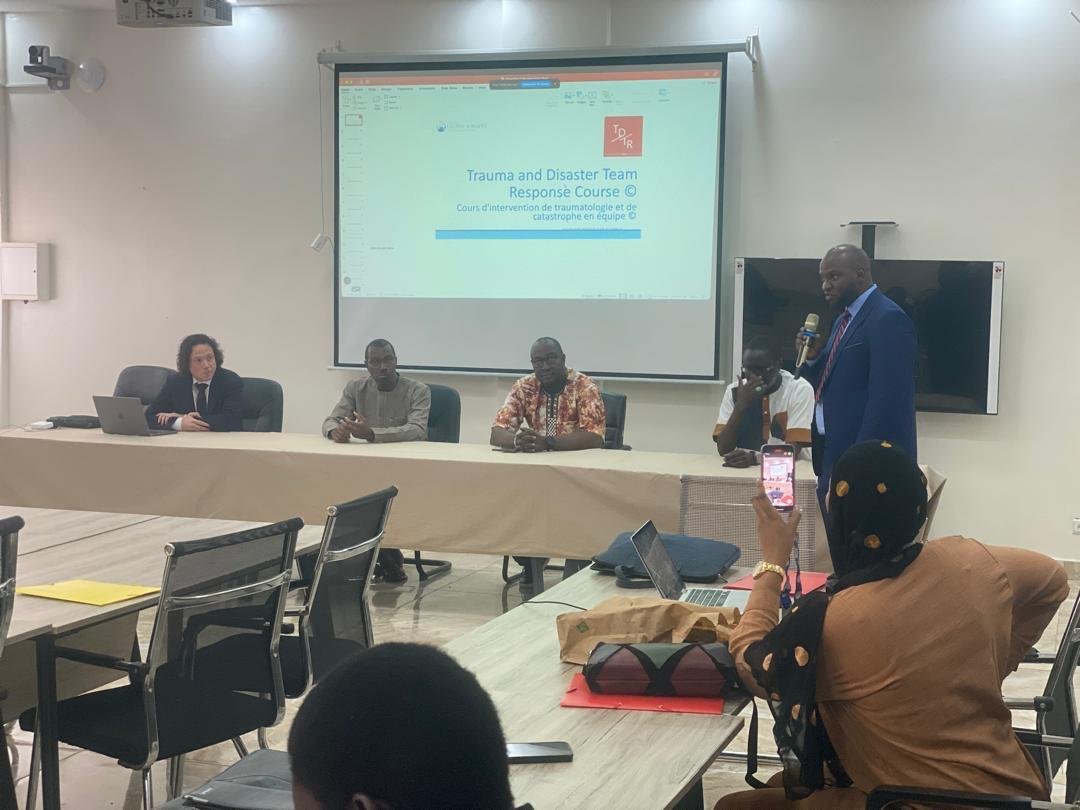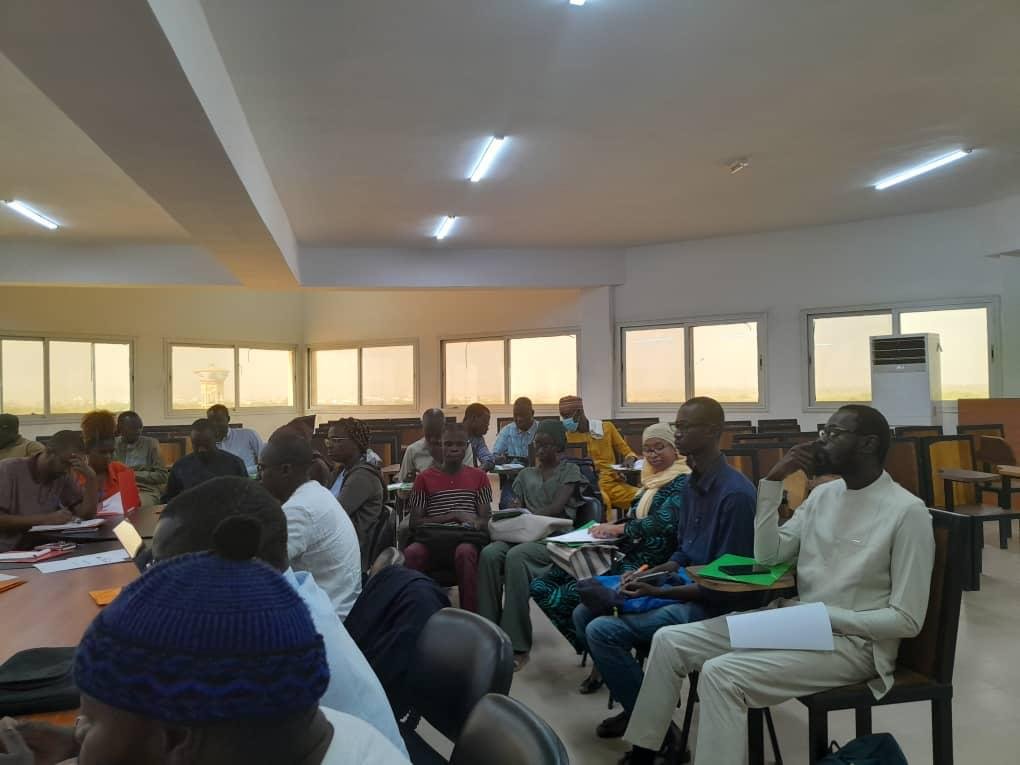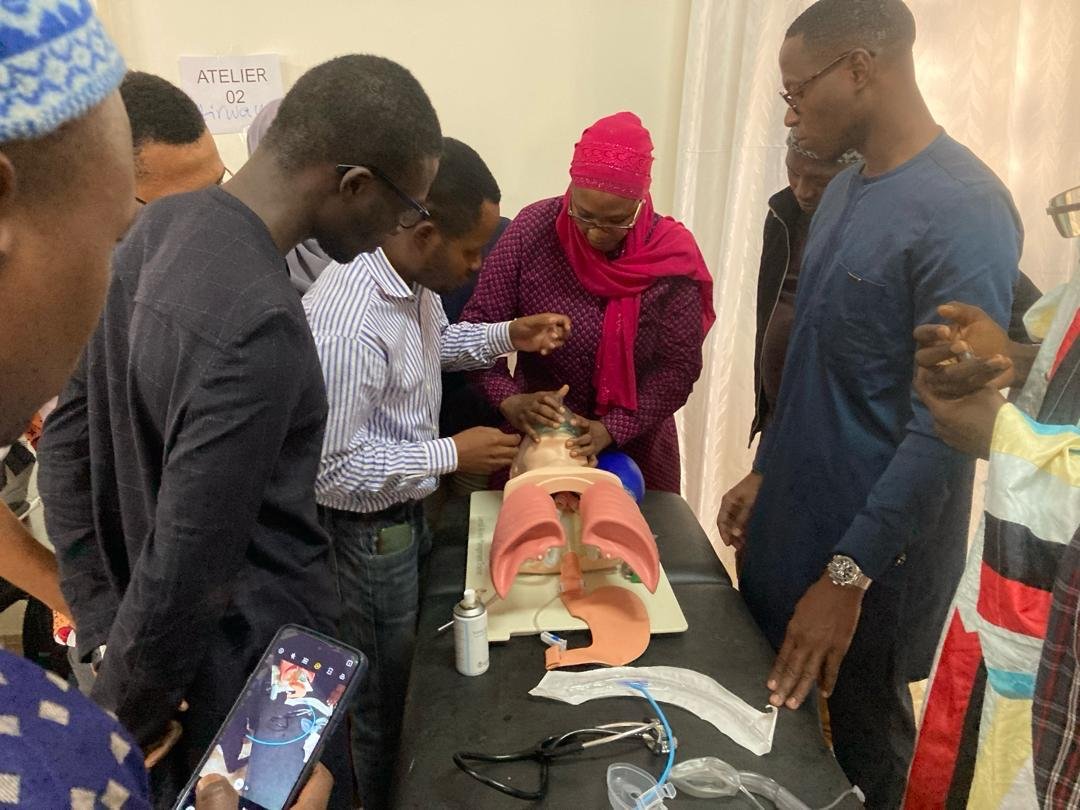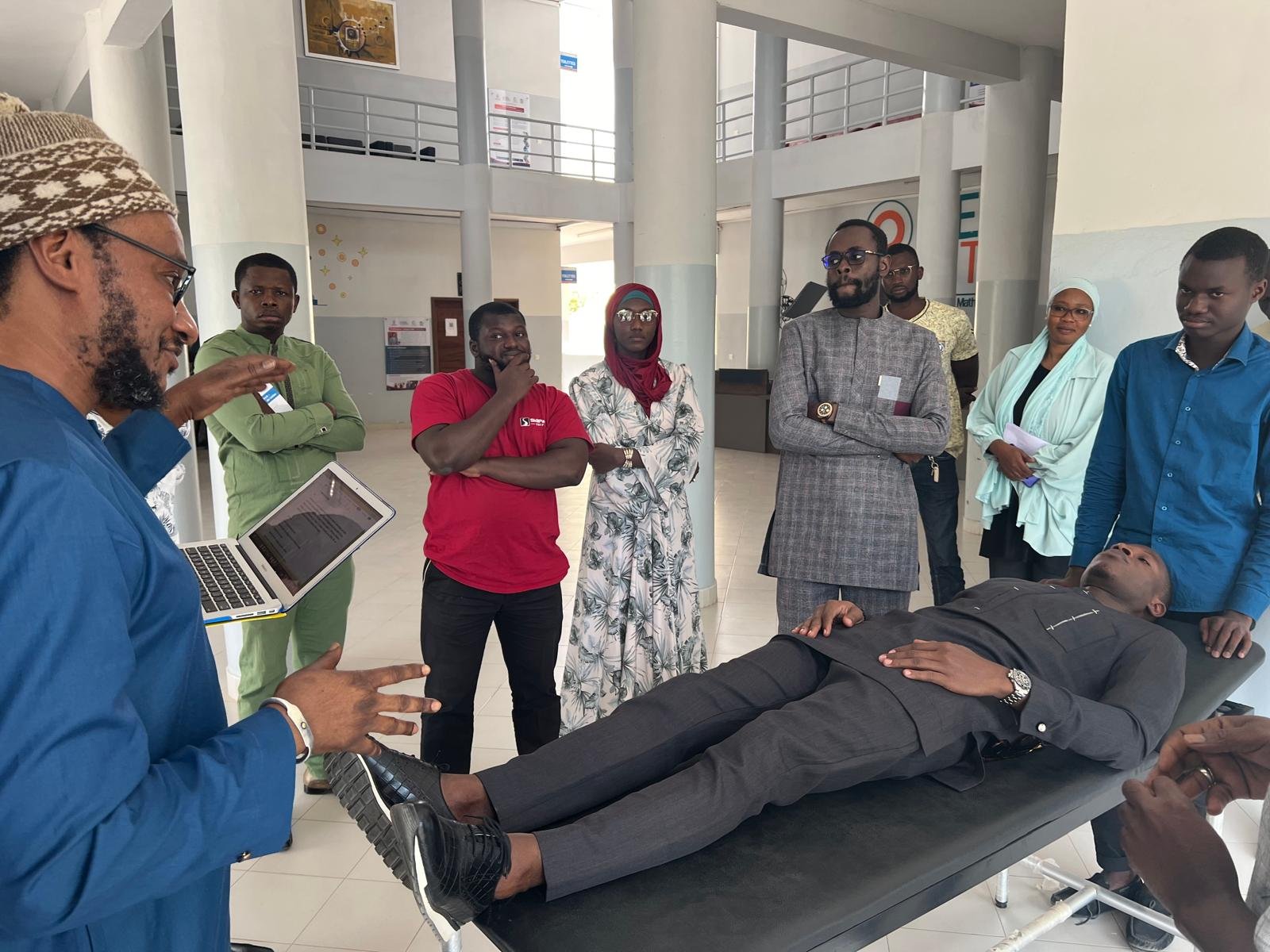On May 3rd, 2025, the 13th Annual Global Surgery Conference brought together 158 participants from 23 countries for a powerful day of learning, reflection, and action. Guided by the Centre for Global Surgery and organized in collaboration with the Canadian Global Surgery Trainees’ Alliance (CGSTA), this student-led event focused on the urgent theme of “Equity in Global Surgery.” More than just an academic gathering, the conference served as a platform to mobilize a global community working toward safe, timely, and accessible surgical care for all.
Keynote speaker Dr. Susan Briggs, a surgeon and faculty member at Harvard Medical School, shared powerful lessons from decades of frontline work in disaster response, emphasizing the importance of ethical, adaptable surgical systems. Dr. Dan Poenaru challenged traditional models of global health, advocating for community-led approaches and the decolonization of care. Other featured talks included Dr. Dan Deckelbaum on surgical resilience in crises and Dr. Emilie Joos on training non-surgeon clinicians in South Sudan through the innovativeVitalSurg program.
The conference also spotlighted groundbreaking trainee-led research from across Canada, Africa, and Asia. Awards were presented to Mathilde Billau -from British Columbia- for her work on trauma care in remote Indigenous communities and to Alex Kihunyu –from Nairobi- for exploring neurosurgical access in low- and middle-income countries. A new hands-on case competition placed participants in a high-stakes disaster scenario in rural Malawi, reinforcing the leadership and ethical challenges of delivering surgical care under extreme pressure.
With 92% of attendees expressing interest in returning, and strong gains reported in global surgery knowledge and confidence, the conference proved both impactful and inspiring. More than just an event, it reaffirmed a collective commitment to building equitable, inclusive systems of surgical care through collaboration, education, and advocacy.
As part of this year’s gathering, the conference was officially dedicated to the memory of Dr. Richard Deckelbaum, a visionary in global health whose lifelong commitment to equity, compassion, and collaboration shaped countless lives. In recognition of his enduring impact, the event will now carry his name moving forward. The Dr. Richard Deckelbaum Global Surgery Conference stands not only as a tribute to his legacy but as a continued call to action. Equity in global surgery is not a distant ideal—it is a responsibility we share. And this year, that call resonated with more clarity and urgency than ever before. For additional information visit our website here.
Narrative by Kacylia Proulx












































